
Published:
Readtime: 9 min
Every product is carefully selected by our editors and experts. If you buy from a link, we may earn a commission. Learn more. For more information on how we test products, click here.
Editor’s Note: This article was originally published in August 2020 and last updated on 2 August 2023. Please note that the content, including assessments of COVID-19 risk levels associated with various activities, reflects the understanding and public health guidelines available at the time. Given the evolving nature of the pandemic, some information might be outdated. We recommend consulting the latest health advisories and guidelines for current information.
When the Australian Federal Government confirmed the safety restrictions implemented to reduce the spread of COVID-19, the key buzzword was ‘essential’. Political leaders and health advisors agreed on the closure of non-essential services, but just what exactly are non-essential services?
You can view the Australian Government Department of Health’s official guidance here:
- Coronavirus (COVID-19) – What You Need to Know
- Coronavirus (COVID-19) – Isolation Guidance
- Further resources here
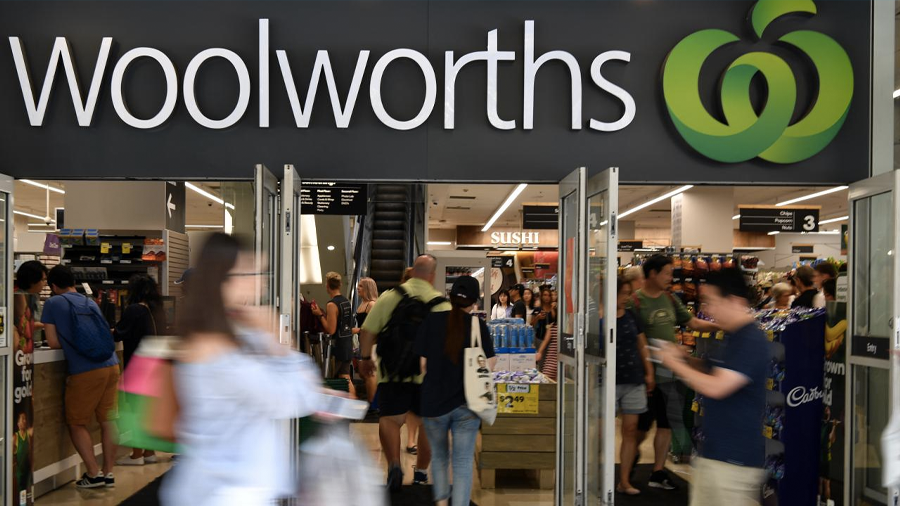
What are Essential Services?
According to the textbook definition, essential services are occupations that have been legislated by a government to have special restrictions in times of crisis or with regard to labour actions. The International Labour Office, which is a United Nations agency, said that the terminology of an essential service relies heavily on the circumstances impacting the country. “What is meant by essential services in the strict sense of the term depends to a large extent on the particular circumstances prevailing in a country.”
List of Essential Services
In Australia, the talk of essential and non-essential services was heavily linked to whether or not you need to go to work. At the beginning of the pandemic, Victoria called for the closure of non-essential services and non-essential businesses. The restrictions on non-essential services followed the same pattern of thinking that was implemented when NSW Premier Gladys Berejiklian revealed which services were considered essential.
From 11.59pm on Saturday 17 July in New South Wales, retail premises were required to close under a tightening of the COVID-19 lockdown affecting Greater Sydney and its surrounds. Retail businesses could still operate click and collect, while takeaway and home delivery could also still operate.
The following businesses were considered essential services and could remain open:
- Supermarkets
- Stores that predominantly sell health, medical, maternity and infant supplies,
- Pharmacies and chemists
- Petrol stations
- Car hire
- Banks and financial institutions
- Hardware, nurseries and building supplies,
- Agricultural and rural supplies
- Pet supplies
- Post offices and newsagents
- Office supplies
Essential Workers by Industry
Each industry currently had different rules around what is considered an essential worker. Is a list provided by the NSW Government of what is an essential worker and any exemptions that were being made.
| Item | Sector | Exempted activity or person (authorised worker) |
|---|---|---|
| 1. | Retail trade | Supermarkets, neighbourhood shops, food or drink shops, chemists, pharmacies, kiosks, shops that sell office supplies, pet supplies, newspapers, magazines, stationery, alcohol, maternity and baby supplies, medical or pharmaceutical supplies, hardware and building supplies, landscaping material supplies, timber yards, garden centres and plant nurseries, vehicle hire premises, industrial or commercial food retailing, fuel retailing |
| 2. | Administrative and support services | Click and collect services |
| 3. | Public administration and safety | NSW Police Force, Fire and Rescue NSW, NSW State Emergency Service, NSW Rural Fire Service or the Ambulance Service of NSW, administration of justice, correctional centres and community corrections, members of an Australian Parliament, electorate office staff, defence, national security and law enforcement, Services Australia staff |
| 4. | Health care and social assistance | Health services providers, Registered health practitioner, Ancillary or support services officers, Cleaners, cooks and security providers at hospitals, Housing or homelessness services staff, Community housing provider, Disability services staff, Aged care staff, family violence and sexual assault services staff, Vets, Animal welfare, care and accommodation staff, End of life services including funeral, crematorium and cemetery services, mortuaries and morgues, spiritual or religious services connected to end of life services. |
| 5. | Education | Education and schooling, Early childhood education and care |
| 6. | Agriculture | Biosecurity and food safety personnel undertaking critical duties |
| 7. | Manufacturing | Food, beverages, groceries, cleaning and sanitary product manufacturing and processing, Coffins and casket manufacture, Medical equipment, consumables and personal protective equipment manufacture, Telecommunications equipment and infrastructure manufacture |
| 8. | Transport, postal and warehousing | Seaport and airport operations, Freight, logistics, postal, courier or delivery services, Warehousing, Road transport apart from taxi, rideshare and chauffeur services, Rail transport including rail yards, Water transport, Air transport, Pipeline, Vehicle repairs, Towing services |
| 10. | Electricity, gas, water and waste services | Electricity services, Gas services, liquid fuels, water supply, sewerage, sanitation and drainage services, Waste resource recovery services |
| 11. | Information media and telecommunications | Telecommunications services, internet service providers, web search portals and data processing services, data specialists and technicians, data storage, journalism and media services for news and other critical public communications purposes |
| 12. | Other services | Essential services for the maintenance, safety and upkeep of public and recreational spaces |
What an Australian Lockdown Means for Non-Essential Services Workers
The classification meant that workers not in an industry listed as an essential service found themselves forced to take leave, temporarily stood down, or asked to work from home. In March 2020, Prime Minister Morrison outlined a number of closures in his address to the nation in an attempt to reduce the spread of coronavirus.
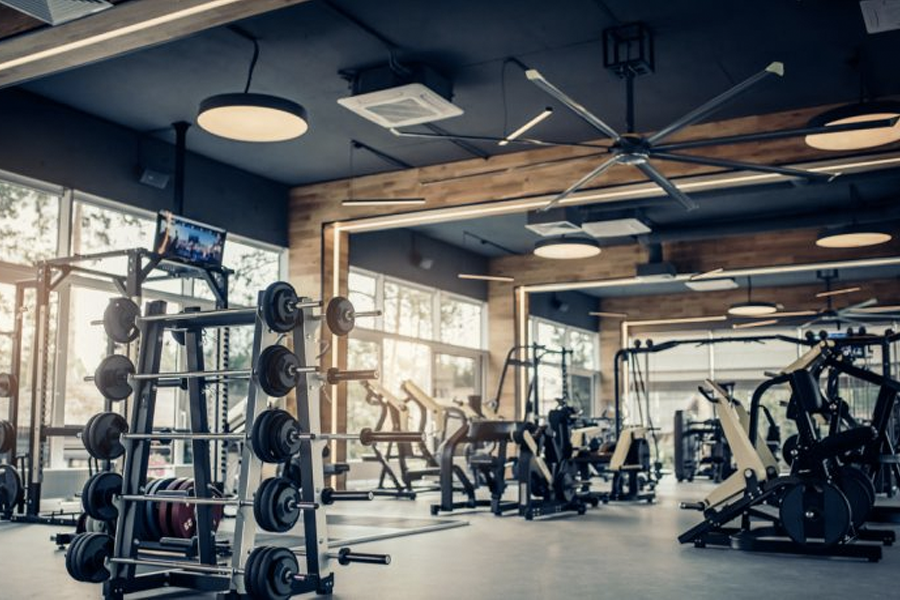
List of Non-Essential Services
Similar to the Prime Minister’s March address, New South Wales Premier Gladys Berejiklian made the decision to close all non-essential services as part of the new Sydney restrictions. NSW’s 2020 definition of what is a non-essential business dictates that the following are not essential services and must be closed to the public.
- Pubs and registered clubs except for selling food or beverages for people to consume off-site and providing accommodation, including allowing food and drinks to be consumed in a person’s room.
- Food and drink premises, except for selling food or beverages for people to consume off-site selling food to be consumed in a person’s room if in a hotel or motel if the premises are part of a shopping centre, selling food or beverages for people to consume outside of the shopping centre holding a funeral or memorial service that complies with the rules for funerals and memorial services.
- Entertainment facilities, such as theatres, cinemas, music halls, concert halls and dance halls.
- Amusement centres, such as places to play billiards, pool, pinball machines or video games.
- Micro-breweries or small distilleries holding a drink on-premises authorisation under the Liquor Act 2007 or cellar door premises, except for selling food or beverages for people to consume off the premises.
- Indoor recreation facilities such as squash courts, indoor swimming pools, gyms, table tennis centres, health studios, bowling alleys and ice rinks.
- Places of public worship, except for the purposes of conducting a funeral service or memorial service that complies with the rules for funerals and memorial services.
- Hairdressers, spas, nail salons, beauty salons, waxing salons, tanning salons, tattoo parlours, massage parlours.
- Auction houses
- Betting agencies and gaming lounges
- Markets, except for food markets
- Caravan parks and camping grounds, except for permanent residents or other people who have no other place of permanent residence
- Sex on premises services
- Sex services premises
- Strip clubs
- Public swimming pools (except natural swimming pools, which may open)
- National Trust properties (other than retail shops)
- Nightclubs
- Casinos, except for selling food or beverages for people to consume off-site and providing accommodation, including allowing food and drinks to be consumed in a person’s room.
Exemptions
According to the NSW government, premises were able to stay open if it was:
- used to provide a service to vulnerable people (such as a food bank or homeless shelter)
- an early education and care facility used for a funeral or memorial service that complies with the rules for funerals and memorial services.
- If your premises are permitted to stay open under the public health order, you must follow the rules in place including
- the square metres rules
- face masks rules
- mandatory check-in (for example, using QR codes).
Those unsure about whether their workplace would be affected by the government lockdown on non-essential services were advised to contact their state department. Many states employed different measures to mitigate the risk of coronavirus contamination, and as such, had varying levels of closure.
Confusion Over What is Essential Retail
Ultimately, the confusion about what is an essential service wasn’t unwarranted. Gary Mortimer, Professor of Marketing and Consumer Behaviour at the Queensland University of Technology explained that while no worker should ever be considered, or consider themselves, as “non-essential”, the dialogue is changing.
“Due to how the restrictions have been broadly applied, some workers in one industry may now find themselves out of a job, while others in that same industry remain fully employed,” Professor Mortimer said. “Take for example chefs. Due to bans on restaurants and licensed clubs, chefs there are being stood down, but chefs inside hotels can continue to cook and provide room service meals. A barista in a café can still be gainfully employed, as long as they only make take-away coffee, but a barista inside a licensed sports club, is unfortunately stood down.”
According to Professor Mortimer, there were a number of key considerations that needed to be addressed by the government prior to labelling of what is essential retail.
“Some decisions are easy: we need health workers, police, fire fighters and other emergency services workers, and we need those who maintain services to the public such as food supply, clean water, sewerage and so on,” he said. “But we also need those services required to keep these people functioning. The military describes this as tooth-to-tail ratio: the number of people required to keep any soldier on the battlefield (estimated up to three for every soldier).”
“In the civilian context this includes those responsible for the supply of consumables, personal protection equipment, transport, power, fuel, computer systems, and someone to look after their families while they do the heavy lifting.”
You can view the Australian Government Department of Health’s official guidance here:


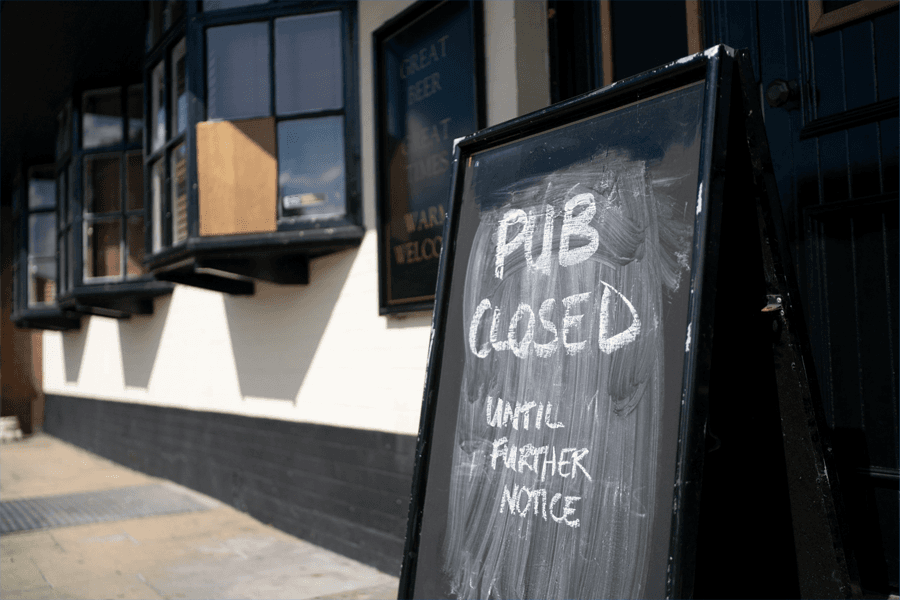


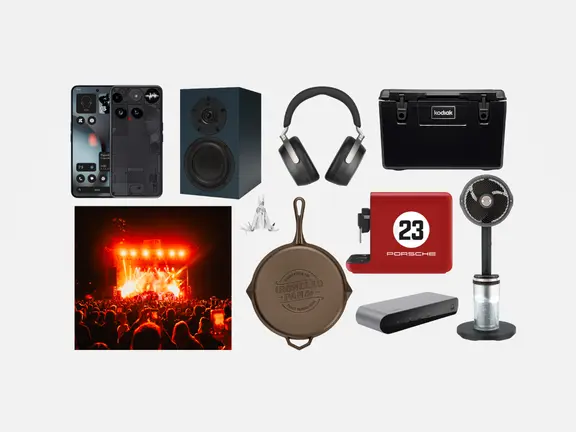






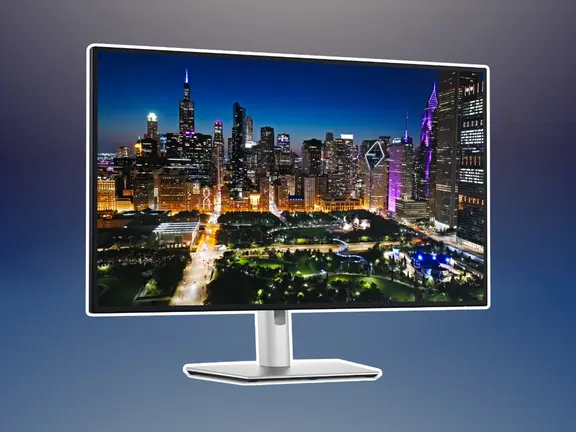






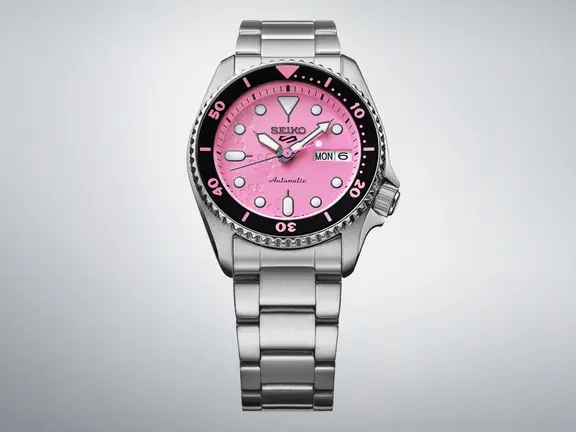







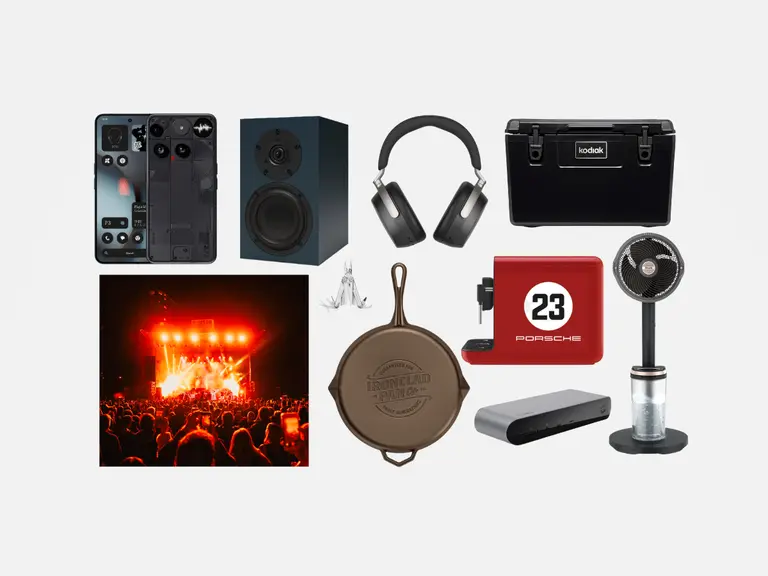




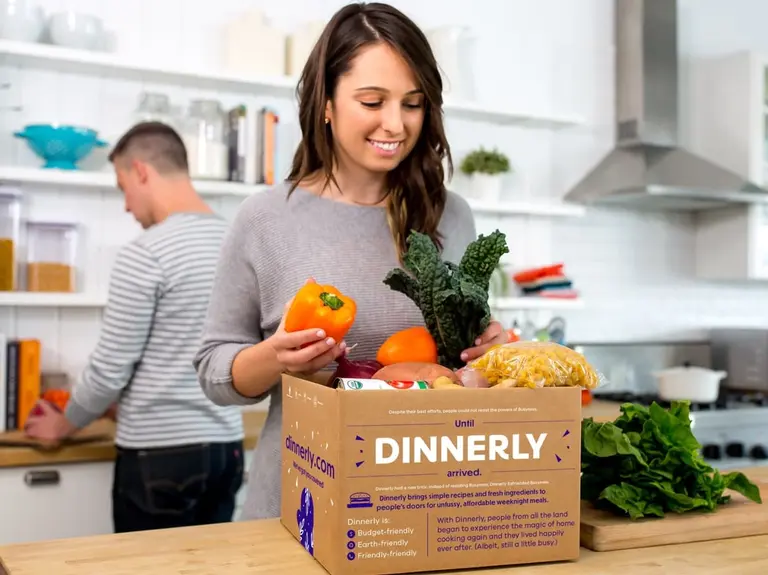

Comments
We love hearing from you. or to leave a comment.